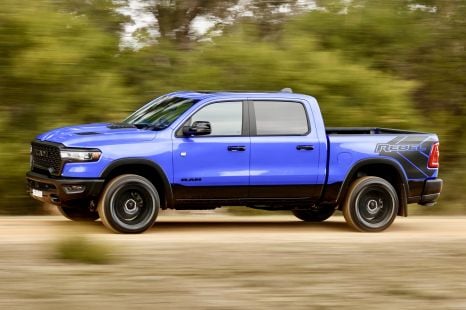

Max Davies
2026 Ram 1500 Rebel review
6 Days Ago
Australia's peak auto industry body has renewed calls for a new-vehicle emissions target rethink, as the EV lobby criticises a watering-down.

Contributor
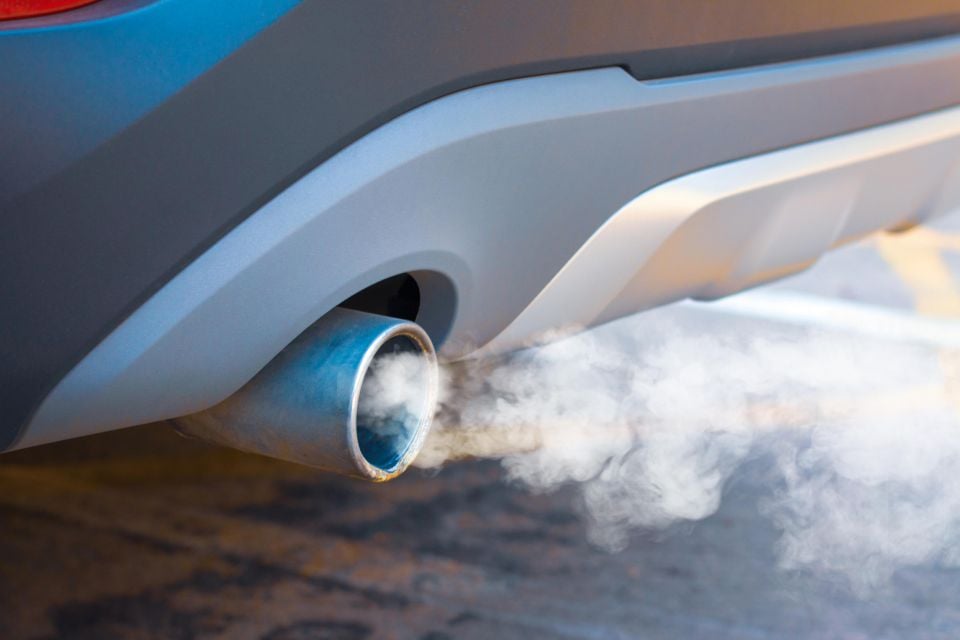

Contributor
Two of Australia’s largest automotive industry groups are at odds over the federal Opposition’s proposal to scrap fines for carmakers who exceed emissions targets under the New Vehicle Efficiency Standard (NVES).
As reported earlier today, Opposition leader Peter Dutton has committed to axing the government’s NVES penalties for carmakers if elected next month.
While the NVES came into effect on January 1, 2025, carmakers won’t accrue penalties for exceeding CO2 targets until July 1, 2025.
All new passenger and light commercial vehicles sold with a mass of less than 4.5 tonnes are covered under the scheme.
Hundreds of new car deals are available through CarExpert right now. Get the experts on your side and score a great deal. Browse now.
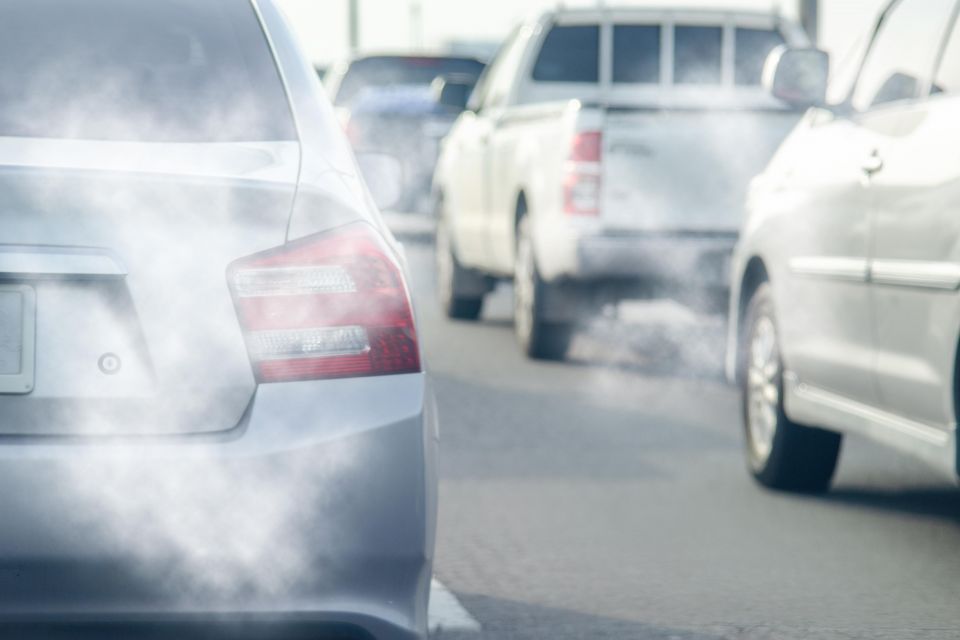
Under the legislation as it stands, if carmakers exceed an average carbon dioxide emissions target on the vehicles they sell each year, they will be penalised $100 for every gram per kilometre CO2 for each vehicle which exceeds the target.
For 2025, the mandate for passenger cars (Type 1) is 141g/km or less of CO2, with light commercial vehicles and heavy-duty SUVs (Type 2) set at 210g/km.
These CO2 caps will reduce every year until 2029, when they will be much lower at 58 and 110g/km respectively, forcing manufacturers to sell increasingly efficient vehicles.
The Federal Chamber of Automotive Industries (FCAI) – the peak body for carmakers in Australia – echoed its calls for a rethink of the NVES targets today, regardless of which party wins power.
“The FCAI continues its long term support for an ambitious and achievable efficiency standard,” said FCAI chief executive Tony Weber in a statement to CarExpert.

“However, the electric vehicle (EV) transition is not progressing at a pace likely to meet the long-term targets under the current NVES.
“After the election, the new government should consider the impact of the NVES on Australian businesses and families and review the targets, timing and penalties.
“While the supply of EVs is increasing, now with 89 models available in Australia supplied by 37 brands, the demand for EVs is weak. The early adopters have acted but the rest of the vehicle-buying public is not following.
“EVs represented 6.2 per cent of total sales reported in the year to March compared to 8.4 per cent in the same period last year.”
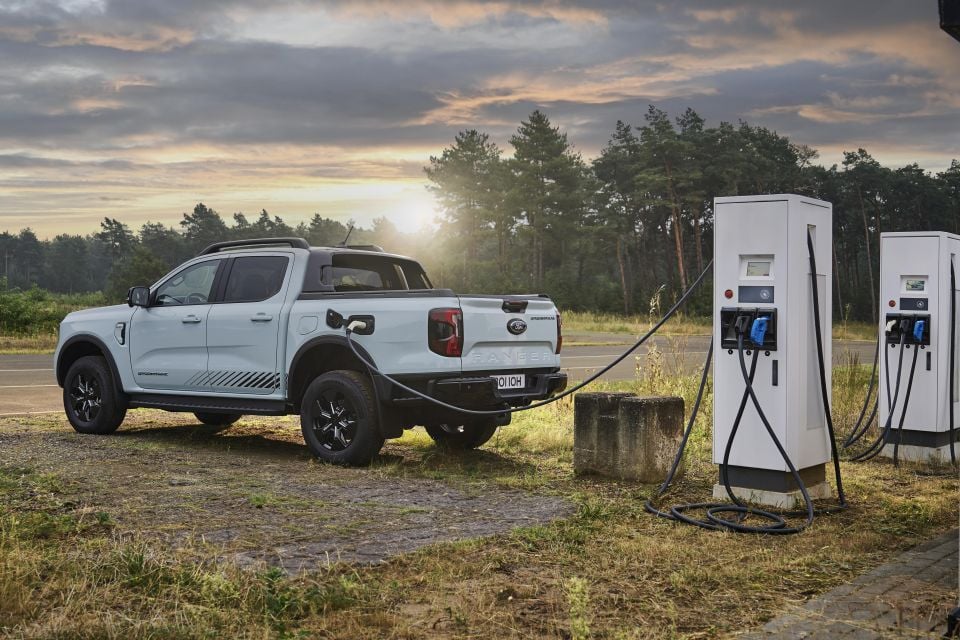
However, the Electric Vehicle Council (EVC) – the largest representative body for both EVs and plug-in hybrid vehicles (PHEVs) locally – took aim at the Opposition, criticising it for discouraging the sale of more fuel-efficient, lower-emissions vehicles.
“The NVES doesn’t work without the credit and penalty system. Removing fines from the NVES is like having road rules without enforcement – no consequences for breaking the rules and no motivation to follow them,” EVC CEO Julie Delvecchio said in a media statement.
“The NVES is good for millions of Australians – especially for those living in the outer suburbs and regions. From petrol and diesel cars through to EVs, the NVES means lower costs at the servo, more choice and competition in cheaper-to-run vehicles, and cleaner air in our suburbs.
“Australians are voting with their feet by getting into more fuel-efficient cars which save them money, especially EVs which slash costs for Australians by up to $3000 every year.
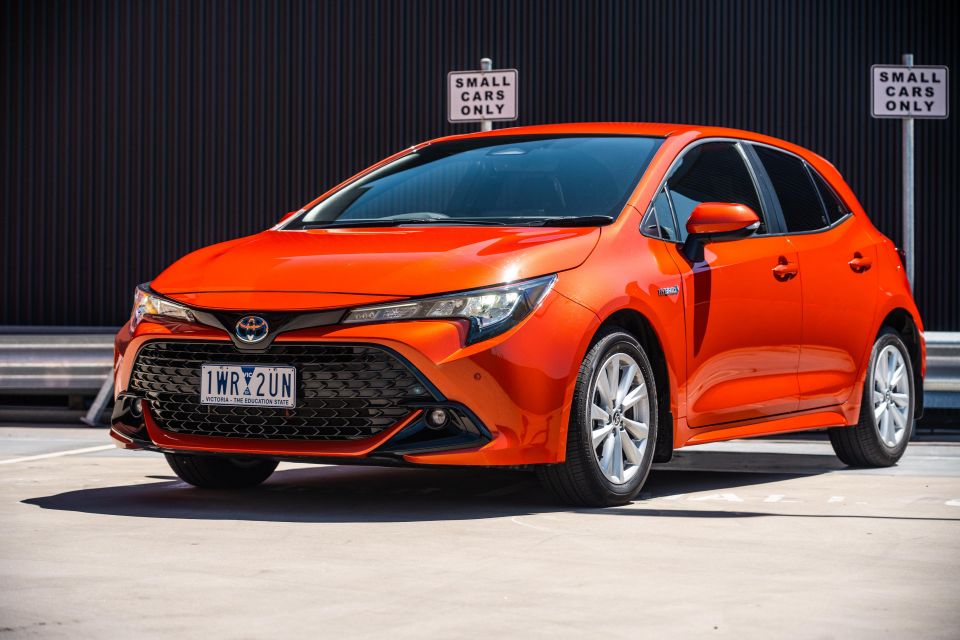
“All Australians benefit from the NVES, but the ones who benefit most are those living in the outer suburbs who commute longer distances and are looking to save money.
“The NVES has only just started – we cannot afford to do a U-turn on this crucial policy that is set to save Australians $114 billion in fuel and maintenance savings and health benefits.
“Scrapping fines takes us back to the bad old days we left firmly in the rear-view mirror where Australia, alongside Russia, was a dumping ground for the world’s unwanted, fuel-guzzling, inefficient cars.
“Weakening the NVES will hurt millions of motorists while benefiting petrol companies as well as some manufacturers who want to continue selling costly cars that are bad for our health and our wallets.”
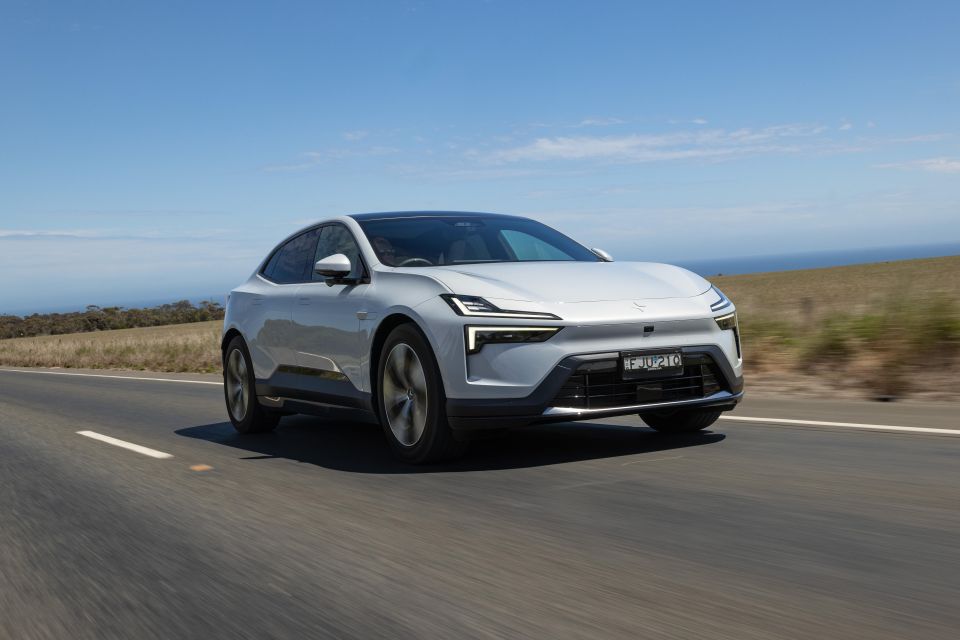
EV maker Polestar went one step further, calling NVES the “bare minimum” and adding that the removal of penalties only “creates policy theatre”.
“The proposed Coalition policy isn’t about protecting Australian families from a “tax”. It’s about protecting carmakers which have been slow to move on efficient or electric vehicles from fines,” said head of Polestar Australia, Scott Maynard.
“The NVES isn’t radical. It’s the bare minimum Australia needs to catch up with global standards that have existed for years in almost every other developed country.

“Without proper penalties in place to enforce these standards, we’ll remain behind the curve.
“Removing financial penalties creates policy theatre, not substance. Standards without accountability aren’t standards, they’re suggestions that can easily be shrugged aside.
“Guidelines won’t drive the innovation and market transformation Australia desperately needs. Previous attempts at a voluntary standard are proof.”
MORE: Peter Dutton to kill new vehicle emissions penalties if elected
Born and raised in Canberra, Jordan has worked as a full-time automotive journalist since 2021, being one of the most-published automotive news writers in Australia before joining CarExpert in 2024.


Max Davies
6 Days Ago
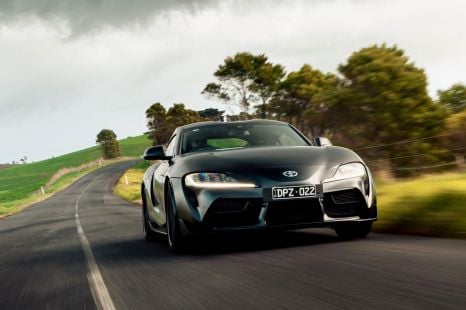

Max Davies
4 Days Ago
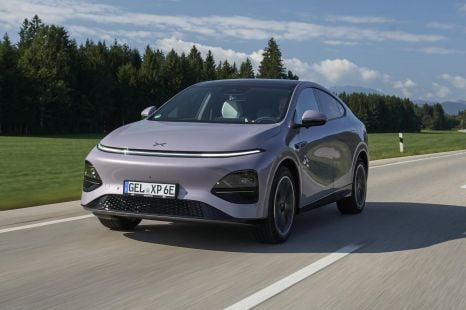

Neil Briscoe
3 Days Ago
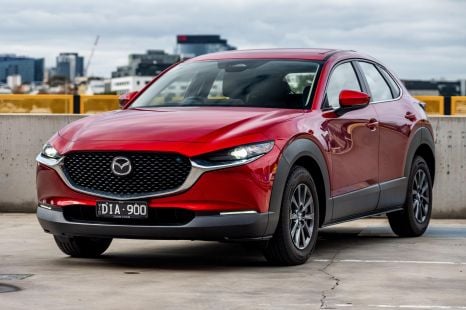

Max Davies
2 Days Ago
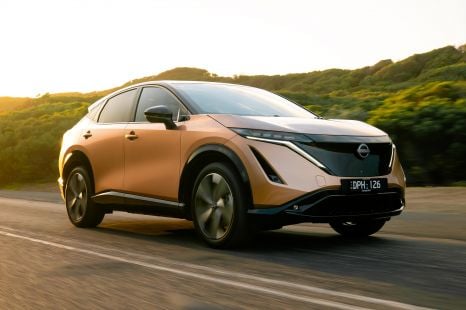

James Wong
23 Hours Ago
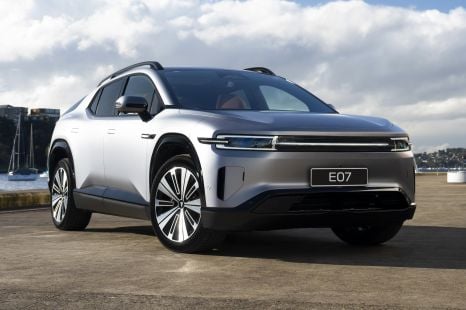

William Stopford
21 Hours Ago